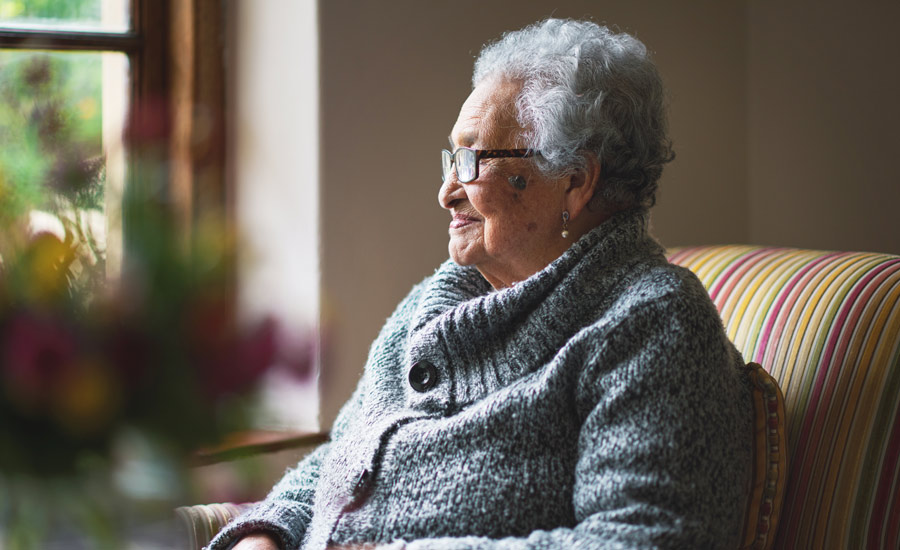How Care Homes Are Adapting to Diverse Cultural and Religious Needs

Care home residents come from all kinds of backgrounds, and for many, their religion or culture still plays an important role in how they live, eat, socialise and interact with the world around them.
This article looks at how care homes are adapting to meet a wider range of cultural and religious needs in real, practical ways.
How Are Cultural and Religious Needs Met in Care Homes?
Care homes meet individual beliefs and customs by building these into everyday care. This includes:
- Asking about beliefs from the start
- Recording this information properly
- Supporting faith and worship
- Respecting clothing, modesty and gender preferences
- Celebrating festivals and cultural events
- Involving families and communities
- Training staff to understand and respond
In More Detail:
Starting with the Right Questions
When someone moves into care, staff need to get to know them properly, and that isn’t just their health needs, but their lifestyle and what’s important to them. That includes religion, culture, food, language and habits related to privacy or daily routines. Conversations around personal values and traditions are often easiest when they happen early on, before misunderstandings or discomfort arise after moving into the care home.
Making Sure It’s Written Down and Used
Once the resident’s needs are known, they need to be recorded in a way that staff can easily access and act on. If key details about food, privacy or worship are hard to find or buried in paperwork, they’re likely to be missed. This information should be part of everyday care, visible to the team and kept up to date.
Supporting Faith in a Practical Way
Some residents ask for space to pray or support to practise their faith quietly. Others may want contact with a religious leader, like priests or rabbis and help marking certain times of year. Involvement levels vary, but what’s important is that care staff understand the request, respect it and support it where possible.
Offering Familiar Food
Food plays a big role in daily life and comfort for all residents, regardless of their background. When meals don’t match a resident’s usual diet, for example, if they eat halal, kosher or vegetarian food for religious reasons, it can cause distress or loss of appetite. It helps when food is prepared and served in a way that reflects a resident’s culture and preferences, even if that means adjusting routines or sourcing different ingredients.
Respecting Personal Boundaries
Some residents want support from a same-sex carer. Others follow specific rules about dress, washing or privacy. These things need to be asked about, written down and followed correctly. If they’re ignored, residents often feel exposed or disrespected and when they’re handled properly, care runs more smoothly and they feel safer and happier, which is the ultimate goal in care.
Learning from Families
Care homes work closely with relatives to fill in the gaps when their loved one isn’t able to communicate everything themselves. They might explain why someone follows a certain routine or work with carers to understand specific needs around food or faith. Building that relationship between families and homes makes care more accurate and much more comfortable for everyone involved.
Making Sure Staff Feel Prepared
Care staff want to get this right but they might not always feel confident. It helps when there’s time to ask questions, talk things through with colleagues, attend training sessions and learn by doing in the day-to-day work. Homes that give staff space to check things and ask for help can provide the best faith and cultural considerations in their daily routines.
When Individual Beliefs and Traditions Are Taken Seriously
When a resident needs halal meals but keeps getting served pork or asks for a female carer but has male staff assigned to personal care, the impact builds up over time. Some residents withdraw from activities they used to enjoy, while others become reluctant to ask for help when they need it.
Staff often know something isn’t working but don’t have the necessary information to fix it. A carer might not understand why a resident seems uncomfortable during personal care or why someone refuses certain meals. Without that context, they’re left trying to provide good care while missing something fundamental about what the individual needs.
When homes ask directly about cultural needs during admission, and when that information reaches the staff providing daily care, these problems largely disappear. Carers have the important details they need to provide appropriate support, residents feel respected and families have fewer concerns to raise.
Ready to explore...
